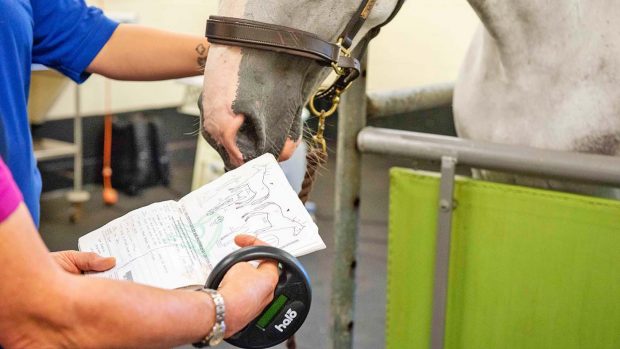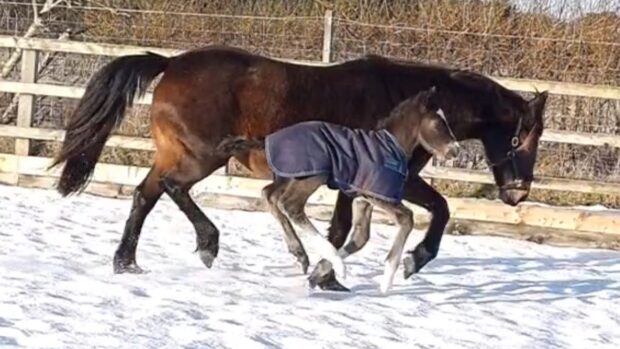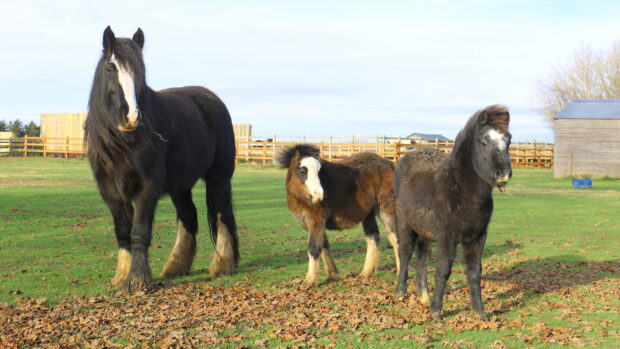Any equine foal born after 1 July 2009 will have to be microchipped, under European-wide regulations finally approved last week.
Industry experts agree that microchips are the most reliable and tamper-proof method of identification, the best means of authenticating horse passports and of ensuring the accuracy and success of the National Equine Database.
They will also help with tracing animals in the event of a disease outbreak and in the monitoring of medicines and drugs entering the food chain through horsemeat. On welfare grounds, they could lead to more prosecutions of horse dumping or neglect cases.
While microchipping has been compulsory for foals in the Thoroughbred breeding industry since 1999, proposals to introduce compulsory microchipping for all equines have been debated for years (see timeline), and have been warmly welcomed by the equestrian industry.
Josh Slater, senior vice-president of the British Equine Veterinary Association (BEVA), said the announcement was “the bit of news we’ve all been waiting for.
“We’ve said from the start that passports will only work alongside permanent identification.”
Jan Rogers, head of equine development for the British Equestrian Federation, said: “This will finally enable us to link equine data records, passports and horses. Breeders will bear the brunt of it, but they are very keen to be able to monitor and trace the horses they breed throughout their career.”
The British Horse Society has always supported compulsory microchipping.
Welfare executive Lee Hackett said: “It might seem like a big step, but it’s an important one, and will help deal with some of the problems people have been experiencing with passports.”
The regulations apply to foals of all equines —horses, ponies, donkeys, mules and so on. Older horses will not have to be microchipped. They also allow countries to approve an alternative permanent method of identification to the microchip where necessary.
Like passports, microchips cost £25-£35 each, and are inserted into the horse’s neck by a vet. Special passport exemptions already apply to feral ponies. Those living in the New Forest and on Dartmoor, for example, are not required to have a passport until they are sold on. It may be that this derogation might apply for microchipping, too.
A Defra spokesman said a full consultation will now be held with the horse industry to work out how the legislation can be best applied.
“A full consultation is important,” said the BEF’s Ms Rogers. “It is an added cost, but breeding a foal is an expensive business. Breeders will have to have the vet out anyway, so a microchip isn’t much more to do at the same time.”
BEVA’s Josh Slater agreed industry consultation was crucial, but said he “sincerely hoped” the regulations will be implemented on schedule.
This news story was first published in Horse & Hound (13 March, ’08)




